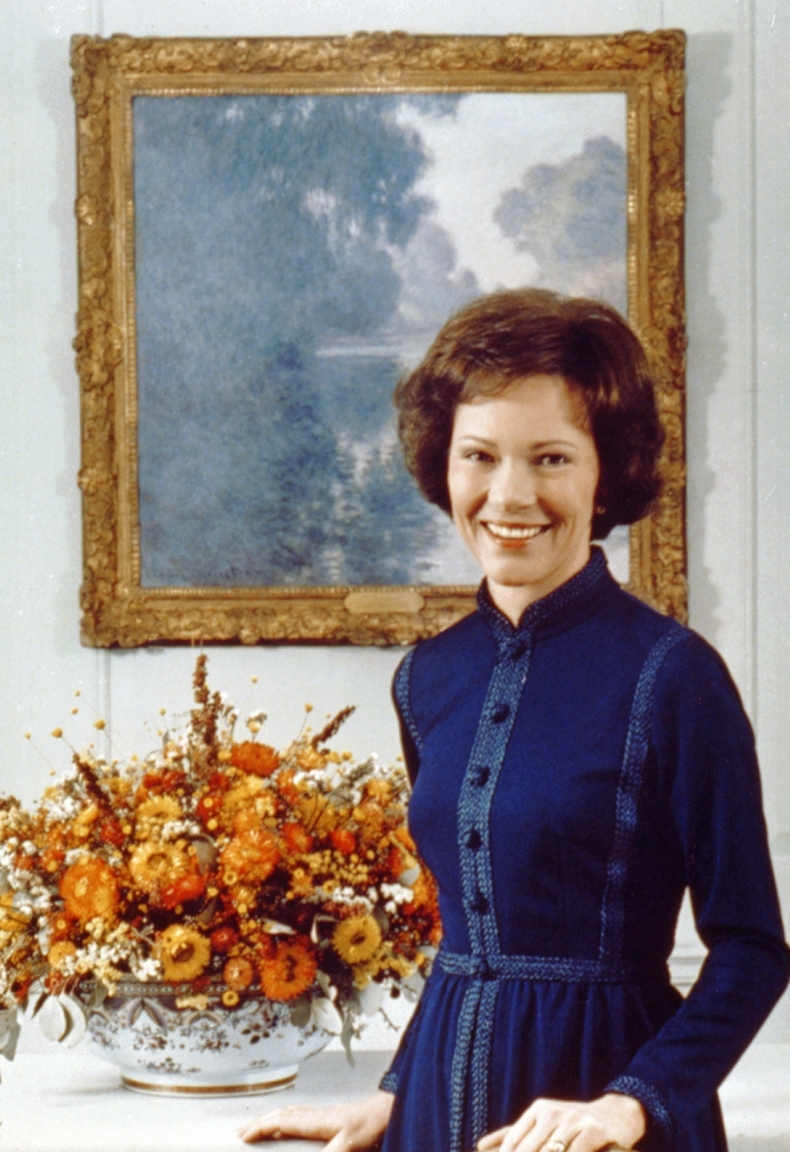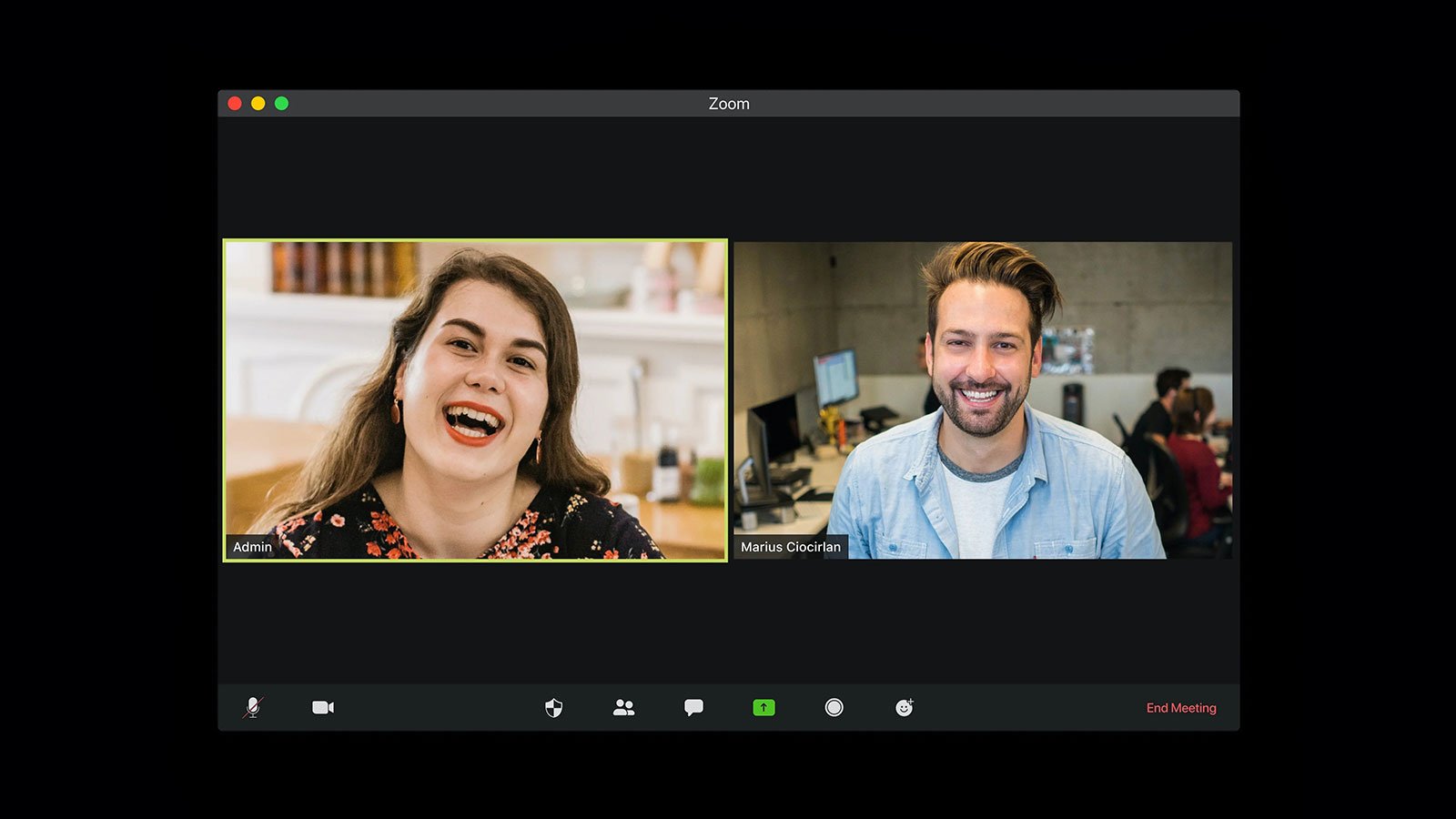Chronicles Of Caregiving: Rosalynn Carter


“There are only four kinds of people in the world: those who have been caregivers, those who are currently caregivers, those who will be caregivers, and those who will need caregivers.”
— Rosalynn Carter
Beginning today – here on the Torchlight blog – we are launching a series of short profiles and articles on leaders in the world of caregiving. Today: a brief tribute to Rosalynn Carter, who among many other things is founder of the nation’s most important nonprofits in our ecosystem, the Rosalynn Carter Institute for Caregiving (RCI). We are honoring her not just because of the light she has shone on the challenges caregivers face in the 21st Century; as our former first lady, she has been able to do that better than others. We are honoring her mostly because we believe that her leadership – what she has done in both word and in deed – over the last few decades has earned her the title “the virtual president of caregiving.”
For me, there are three things about Carter and her organization worth noting. First, there’s her early bio – and by that I don’t mean her years in the White House. Those of us old enough to remember heard stories about the young woman of modest means from Plains, Georgia, and who first dated Jimmy Carter when she was twenty (while he was enrolled in the United States Naval Academy). What many may not have heard was that her life had changed suddenly when her father died seven years earlier. She has said that the event marked the “conclusion of her childhood,” as she was then tasked to help raise her younger siblings. It’s a transformative event that’s familiar to many of us in the caregiving world — a calling catalyzed at a time of crisis and a coming of age.
Two, the work that Carter’s organization is doing has special value in the caregiving community. More than any other organization, RCI has helped to meet the practical education-and-training needs of both professional and volunteer caregivers. There’s great demand for these services. As RCI notes on its Web site, “there are approximately 65 million family caregivers in the United States providing care for parents, relatives, spouses and children.”
Finally, I believe the ever-growing and complex world of caregiving could benefit from Carter’s leadership. Caregiving itself is coming of age, and the maturity of the ecosystem will create demand for leaders who can bring clarity to the overall challenges and a voice for caregiving on the national stage. Carter has performed in this role, and has done it well. Many others will follow, and we will try to highlight them too in this series.



